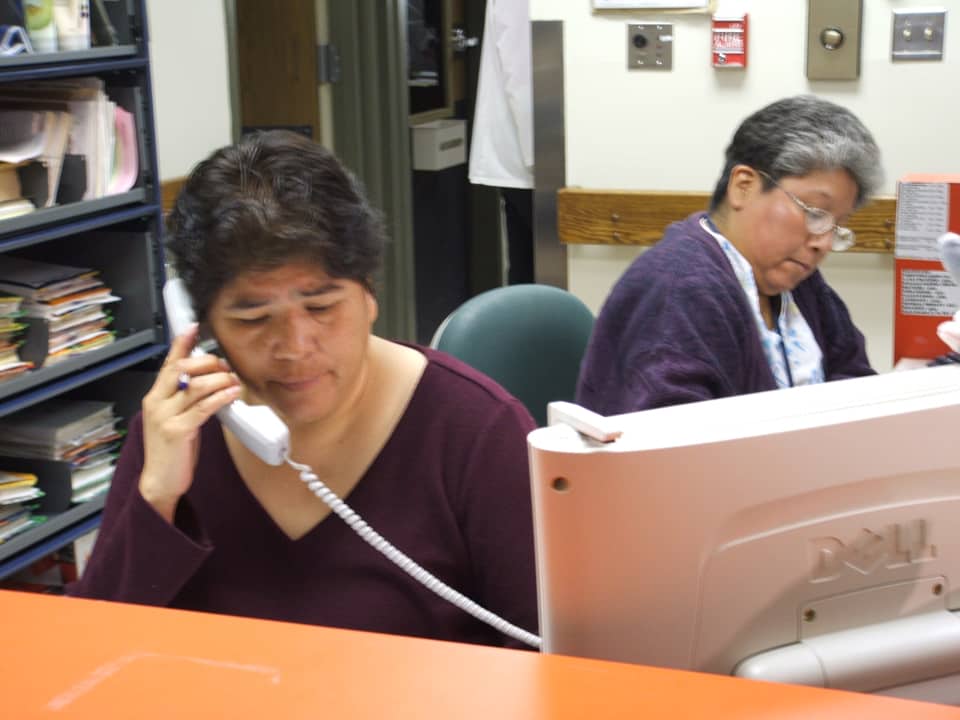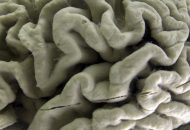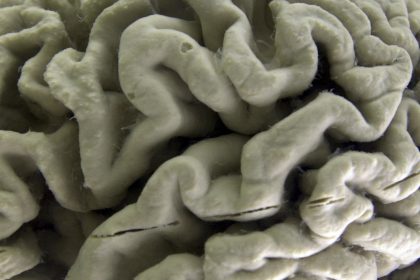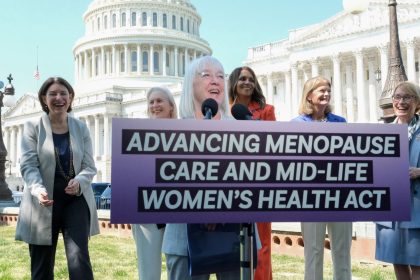Spending Bill Includes Over $6 Billion in Funds for Indian Health Service

WASHINGTON — President Joe Biden on Tuesday signed the omnibus spending bill into law for fiscal year 2022 and included in the package is $6.6 billion for funding health care initiatives through the Indian Health Service, an agency within the U.S. Department of Health and Human Services.
“We are grateful to Congress for providing these additional resources. Major new investments include $119 million to offset the rising cost of providing health care services, and $99 million for staffing and operating costs associated with new and replacement health care facilities,” said a spokesperson from the IHS, in an email to The Well News.
A good share of the funds included in the spending bill will address a number of priorities to improve health services for women, children and those suffering from substance abuse disorder.
The package reauthorizes the Violence Against Women Act, which includes title VIII known as the “Safety for Indian Women” to empower tribal governments, Native American communities, Urban Indian communities and Native Hawaiian communities, with the resources and information necessary to effectively respond to cases of domestic violence, dating violence, stalking, sex trafficking, sexual violence, and missing and murdered Native Americans.
The VAWA portion of the spending package provides $10 million annually for a new three-year program to award grants for the clinical training of sexual assault forensic examiners to administer medical forensic examinations and treatments to survivors of sexual assault.
Of the $10 million, there is a set-aside of 15% for grants to entities affiliated with Native American tribes or tribal organizations or Urban Indian organizations.
The package also includes $5 million for five-year demonstration grants established for comprehensive clinical training of health care providers for generalist forensic services and trauma-informed care to survivors of interpersonal violence of all ages.
Of the $5 million, there is a set-aside of 10% for purposes of making grants to support training and curricula that addresses the unique needs of Native American tribes, tribal organizations, Urban Indian organizations and Native Hawaiian organizations.
Around 39% of Native women surveyed identified as victims of intimate partner violence in their lifetime, a rate higher than any other race or ethnicity surveyed, according to a 2012 fact sheet from Futures Without Violence, a nonprofit organization working to end domestic and sexual violence.
Additionally, 34% of Native women will be raped during their lifetime, whereas for women as a whole the risk is less than one in five.
According to the fact sheet, most Native women do not report such crimes because of the belief that nothing will be done.
U.S. attorneys decline to prosecute 67% of sexual abuse and related matters that occur on tribal land, according to a 2010 study from the Government Accountability Office.
To address the needs of youth, the package includes $30 million for Creating Hope Through Outreach, Options, Services, and Education for Children and Youth grants to enhance the safety of youth and children who are victims of, or are exposed to, violence.
There is also $12 million from the Substance Abuse and Mental Health Services Administration to Native American tribes, tribal organizations, or consortia for Medication-Assisted Treatment for Prescription Drug and Opioid Addiction.
These funds will increase SAMHSA State Opioid Response grants for tribes and add another $22.5 million towards funding the Good Health and Wellness centers.
The Centers for Disease Control and Prevention funds 27 Good Health and Wellness in Indian Country Mission sites across the country, which focus on improving Native American and Alaska Native tribal health.
Among these communities, GHWIC has established long-term goals of reducing high blood pressure, reducing high cholesterol, increasing the intake of healthy foods, increasing physical activity, increasing breast feeding, reducing type 2 diabetes and reducing commercial tobacco use.
At least half of the funds will also serve program-wide coordination centers supporting peer learning, evaluation, communication and expanding the program’s reach to 130+ tribes through the subawardees.
“The act also includes an additional $110 million for the IHS Health Information Technology Modernization project, which will replace our outdated electronic health record [system] and ensure that the IHS can provide high quality health care services,” said the spokesperson from the Indian Health Service.
Additional funds from the spending bill will help to address other IHS infrastructure needs, like developing contract supports and payments for tribal leases or funding construction to update health care facilities.
Alexa can be reached at [email protected]

























